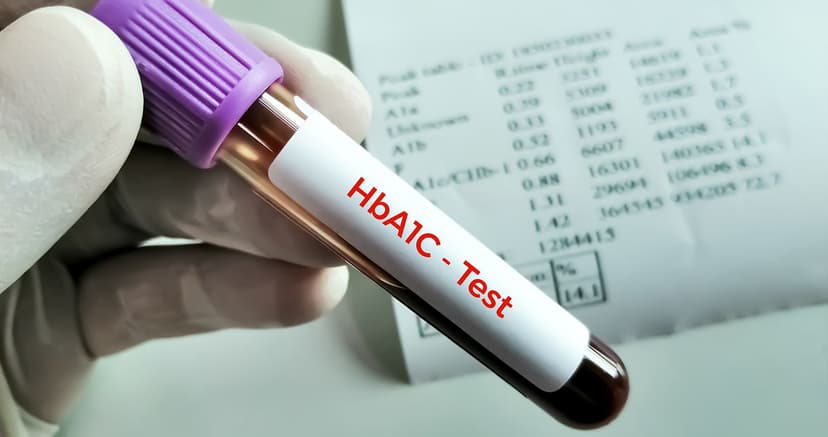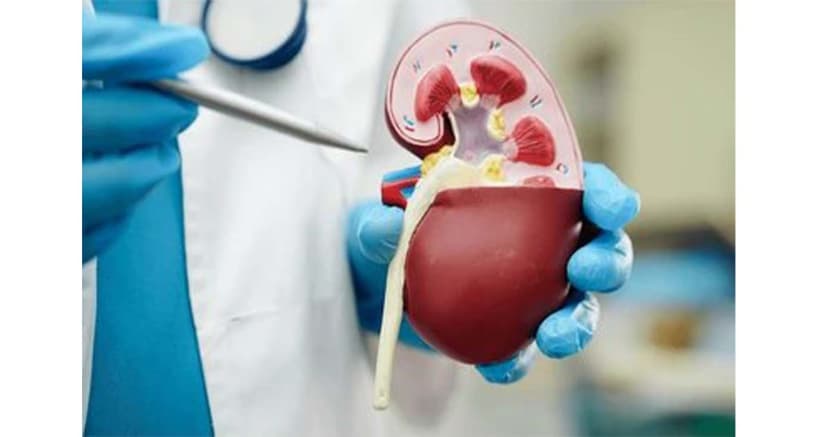Exploring the Role of Probiotics in Digestive Health
By:

Apex Hospitals
26-09-2024

In recent years, probiotics have become a buzzword in the health and wellness world, especially regarding digestive health. These "good bacteria" are more than just a trend – they play a vital role in keeping your gut healthy, which can impact everything from your immune system to your mood. But how exactly do probiotics work? And can they help with common digestive issues like bloating, indigestion, or irritable bowel syndrome (IBS)? Let’s explore probiotics' science and uncover their potential to support your digestive system.
What are probiotics?
According to the Food and Agriculture Organization (FAO) of the United Nations and the World Health Organization (WHO), probiotics are defined as “live microorganisms which, when administered in adequate amounts, confer a health benefit on the host.” Often referred to as "good" or "friendly" bacteria, probiotics play a vital role in maintaining gut health by balancing the body’s internal microbiota. They have been a critical diet component for decades due to their positive impact on overall health. By promoting the growth of beneficial bacteria in acidic environments and inhibiting harmful bacteria, probiotics help maintain a healthy balance in the gut. Unlike harmful pathogens, probiotic strains like Lactobacillus and Bifidobacterium are particularly effective in surviving within the body and supporting digestive health.
How do Probiotics work in our body?
Probiotics benefit the body in several ways. They interact with and promote beneficial microbes' growth while inhibiting harmful pathogens' growth. Probiotics can also enhance the body's immune response, boosting the production of antimicrobial compounds and blocking sites where pathogens could attach. Additionally, they adhere to and temporarily colonize the body, extending their effectiveness. Probiotics are also available as supplements and are naturally found in fermented foods and cultured milk.
Probiotics and their benefits
Probiotics offer several significant benefits for digestive health, including:
1. Restoring Gut Balance: Probiotics help maintain a healthy balance of "good" and "bad" bacteria in the digestive system, promoting a healthy gut environment.
2. Relief from Digestive Disorders: Probiotics can alleviate symptoms of common digestive issues like irritable bowel syndrome (IBS), bloating, constipation, and diarrhoea by improving intestinal function and reducing inflammation.
3. Improved Nutrient Absorption: Probiotics aid in better digestion and absorption of nutrients, such as vitamins and minerals, enhancing overall nutritional intake.
4. Enhanced Immune Response: Probiotics stimulate the production of antibodies and strengthen the gut barrier, protecting against harmful pathogens and infections in the digestive tract.
5. Support During and After Antibiotic Use: Antibiotics can disrupt the natural gut flora by killing good and bad bacteria. Probiotics help restore healthy bacteria, preventing issues like antibiotic-associated diarrhoea.
6. Preventing and Managing Infections: Probiotics inhibit the growth of harmful bacteria, helping to prevent infections such as Clostridium difficile (C. diff) and urinary tract infections (UTIs).
7. Promoting Regularity: Probiotics can support regular bowel movements by regulating gut motility and reducing the likelihood of constipation or irregular digestion.
These benefits contribute to overall gut health, which is closely linked to other aspects of well-being, including immune function and mental health.
What digestive issues are relieved by probiotics?
Probiotics offer several digestive health benefits, including:
1. Diarrhoea: Probiotics help slow down gastrointestinal tract contractions and reduce diarrhoea symptoms.
2. Constipation: By decreasing the transit time of food through the digestive tract, probiotics reduce water reabsorption, leading to softer stools that are easier to pass, relieving constipation.
3. Irritable Bowel Syndrome (IBS): Probiotics alleviate IBS symptoms such as abdominal pain, bloating, cramping, gas, constipation, and diarrhoea.
4. Lactose Intolerance: Probiotics are known to ease lactose intolerance symptoms, such as abdominal discomfort, bloating, and diarrhoea, by aiding the digestion of lactose found in milk products.
5. Inflammatory Bowel Disease (IBD): Probiotics can support IBD treatment by shifting the gut microflora from an inflammatory state to an anti-inflammatory one.
6. During and After Antibiotic Therapy: Probiotics relieve antibiotic-associated symptoms like diarrhoea by replenishing good bacteria in the gut, which antibiotics often reduce. They also help prevent infections caused by harmful bacteria like Clostridium difficile, which can flourish due to antibiotic use.
Common sources of Probiotics
Probiotics are naturally available in many traditional foods consumed for centuries in India. These foods contain beneficial bacteria that help improve gut health. Here are some familiar sources of probiotics in India:
1. Curd: A staple in Indian households, curd is rich in Lactobacillus and Bifidobacterium strains, which are beneficial for digestion and gut health.
2. Buttermilk: A popular drink made from fermented curd, buttermilk is a natural source of probiotics that aid digestion.
3. Idli and Dosa: These popular South Indian breakfast dishes are made from fermented rice and lentil batter containing probiotics.
4. Pickles (Naturally Fermented): Indian pickles, when fermented naturally in brine without vinegar, are rich in probiotic bacteria like Lactobacillus.
5. Dhokla: A fermented Gujarati snack made from rice and chickpea flour, dhokla contains healthy bacteria due to its fermentation process.
6. Bamboo Shoot (Fermented): In northeastern India, fermented bamboo shoots are a traditional food that contains probiotics.
Incorporating these probiotic-rich foods into your daily diet can help maintain a healthy gut and support overall digestive health.
"Take charge of your digestive health today! Discover the powerful benefits of probiotics and how they can transform your gut health. Whether through natural foods or supplements, incorporating probiotics into your diet can help improve digestion, boost immunity, and enhance overall well-being. Start your journey to a healthier gut now – explore the role of probiotics and unlock a better you!"
FAQS
Related Articles
Connect With Us
Health In A Snap, Just One App.
KNOW MORE
























































































































































